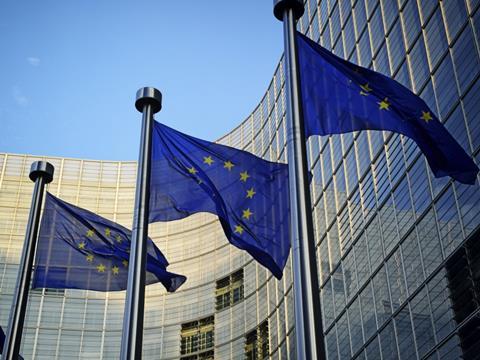
Poor old David Davis looks like he’s had a tough few months. Giving evidence to the Commons Exiting the EU Committee this morning, the Brexit secretary had none of the swagger he exhibited back in January. No, the weary politician who appeared today was one who’s suffered a few sleepless nights of late, I’d wager.
And that’s hardly surprising. Not only are Brexit negotiations moving at a snail’s pace, but the government suffered an embarrassing defeat in the House of Lords this week after peers voted by a massive majority to amend the Brexit bill to retain the option of a customs union with the EU.
Tomorrow, the House of Commons will hold a ‘symbolic’ non-binding vote on the issue – which the government could well lose, given it has no majority.
Giving evidence today, Davis stood by the government’s policy to leave the customs union, claiming it was one based on the “game-changing” opportunities for trade growth outside the EU, rather than being free symbolically.
But he refused to be drawn on whether the government would change its policy if the Commons votes to stay in the Customs Union, promising the government would “always respect parliament”, but adding he fully expected the policy to be “upheld” by MPs.
A refusal to speculate on what would happen if parliament rejected the government’s Brexit proposals – including its final deal with Brussels – was a running theme throughout Davis’ evidence session, which he cut short to attend other meetings, much to the ire of Committee chair Hilary Benn.
Apparently, the government isn’t coming up with a plan for what would happen if the withdrawal agreement is rejected by MPs, because it refuses to acknowledge such a scenario could happen.
It’s not the first time we’ve seen ministers refuse to plan for the possibility that future reality might deviate from their dreams. Defra had no Brexit plan for food and drink in place because former environment secretary Liz Truss refused to acknowledge Brits might vote against David Cameron’s wishes.
And look where that got us. The government’s decision to leave both the single market and the customs union is neither informed nor considered. Instead it is based on an idealistic vision of future trade growth in developing countries that might not even happen.
Meantime, in the real world, almost every single piece of analysis suggests UK food and drink could be in serious trouble if the government fails to negotiate a decent free trade deal with Europe. Just this week new analysis warned a hard Brexit would be a ‘lose-lose’ for both UK and EU consumers and their fishing industries, while a report from the Commons Business, Energy and Industrial Strategy Committee concluded a failure to strike a trade deal with the EU would be “disastrous” for UK food and drink exports and must be avoided “at all costs”.
We can only hope the government gets its head out of the sand before it begins negotiations proper with Brussels. Or Davis won’t be the only one facing more sleepless nights ahead.





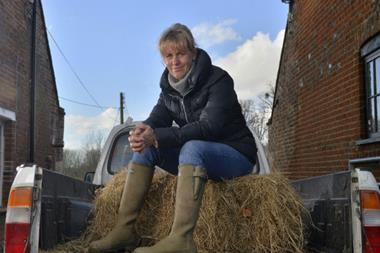

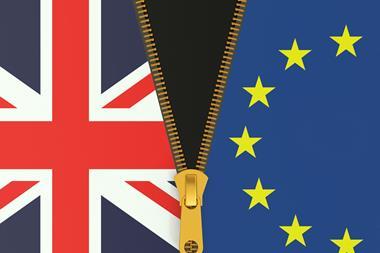
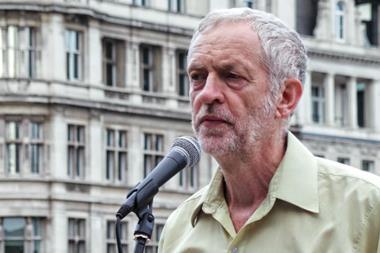
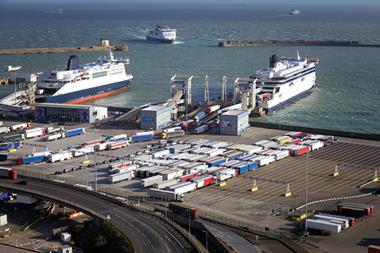


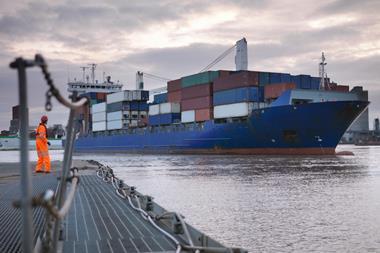

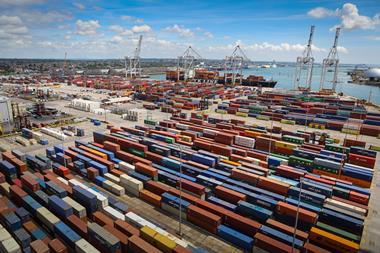
No comments yet